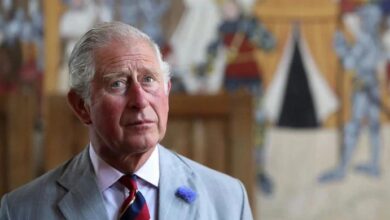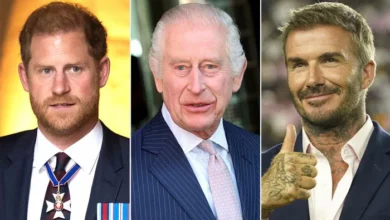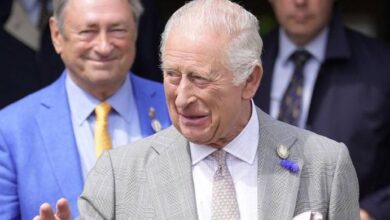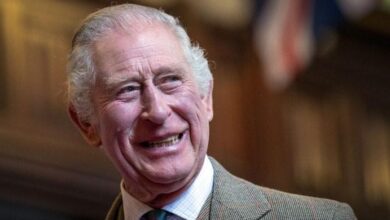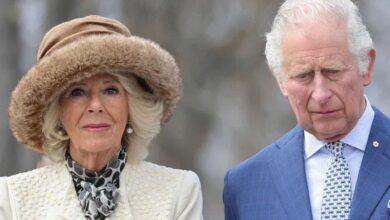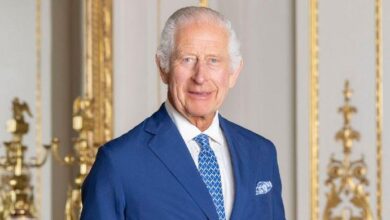Canada’s Chilly Response to King Charles Visit Leaves Buckingham Palace Stunned
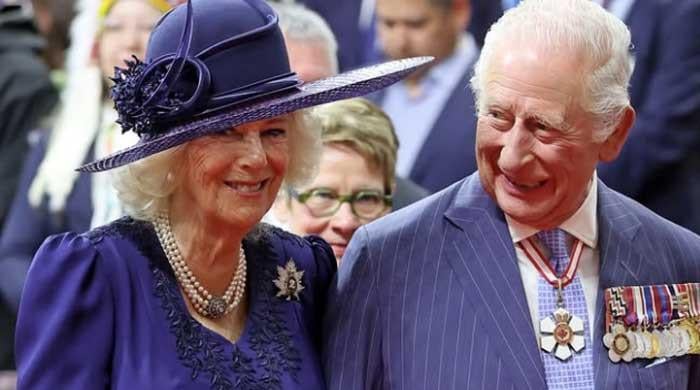
What was supposed to be a grand royal moment turned into a quiet disappointment for King Charles in Canada this week—and royal watchers are calling it a wake-up call for the monarchy.
On Tuesday, King Charles officially opened Canada’s 45th Parliament in a ceremony steeped in tradition, pomp, and pageantry. The British monarch, flanked by Queen Camilla, arrived in a horse-drawn carriage accompanied by 28 riders from the Royal Canadian Mounted Police. But behind the ceremonial smiles was a nation clearly unmoved.
The royal family’s social media was quick to post stunning images of the King and Queen at the Parliament, attempting to project grandeur and unity. But a powerful new poll told a completely different story.
According to the Angus Reid Institute, a shocking 83% of Canadians admitted they were either indifferent or simply didn’t care about King Charles’ visit. That staggering figure has sparked fresh concerns over the relevance and future of the monarchy in Canada.
In his speech, Charles spoke as the official Head of State of Canada, a title that now feels increasingly symbolic rather than meaningful. The Canadian Parliament was respectful, but the crowds and headlines were noticeably muted.
This quiet indifference stands in sharp contrast to last year’s royal visit to Australia, where Charles was openly heckled by an Indigenous senator inside Parliament.
She accused him of “genocide,” drawing global attention to growing anti-monarchy sentiments in former British colonies. But Canada’s response may be even more damning—not outrage, but silence.
Despite Canada’s institutions still carrying royal branding—from the Royal Canadian Navy to currency bearing the monarch’s image—the reality is clear: the monarchy plays little role in the average Canadian’s life.
Read More: Elvira Star Cassandra Peterson Publicly Calls Out Meghan Markle Over Recent Mishap Remark
Observers are calling it the “soft collapse” of royal influence in Commonwealth countries. “The red carpets and carriages are still there,” one critic noted, “but the magic is gone.”
The difference is generational as well. Younger Canadians especially see the monarchy as outdated, irrelevant, or even symbolic of colonial oppression. Charles’ efforts to modernize the institution appear to be falling flat in the eyes of many outside the UK.
And while the King and Queen smiled and waved for cameras, the overall vibe of the visit leaned more obligatory than celebratory. Even local media coverage was lukewarm, focusing more on the lack of interest than the event itself.
A former royal advisor anonymously remarked, “It’s not the protests that hurt the most—it’s the apathy.” Royal experts warn that if these trends continue, Canada could eventually follow in the footsteps of Barbados, which officially removed the British monarch as Head of State in 2021.
Back in 1999, Australia narrowly voted against becoming a republic. But with modern sentiment shifting and discussions reigniting in places like Jamaica and Canada, the monarchy’s grip on its overseas realms seems more fragile than ever.
As King Charles wraps up this visit, it’s clear that tradition alone may no longer be enough to secure the crown’s future in countries like Canada. With 83% of citizens tuning out, the message is louder than any royal speech: the throne’s influence may be fading faster than ever imagined.
